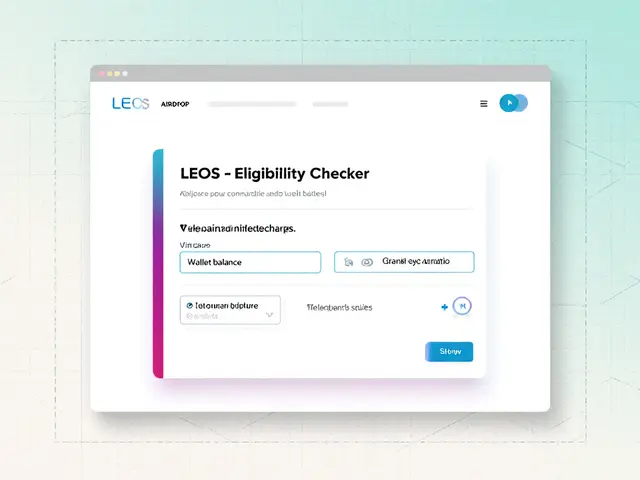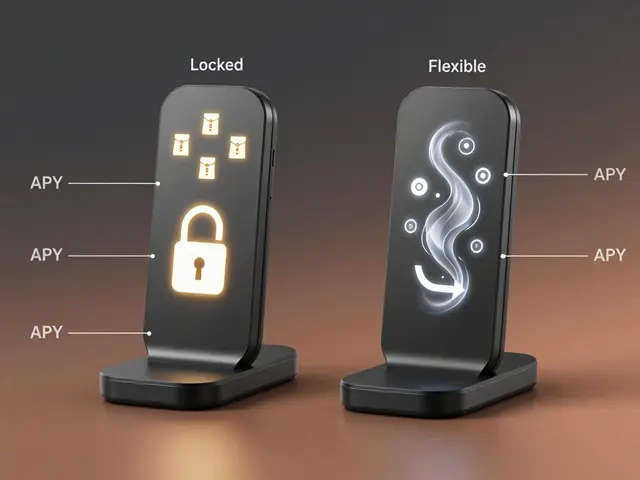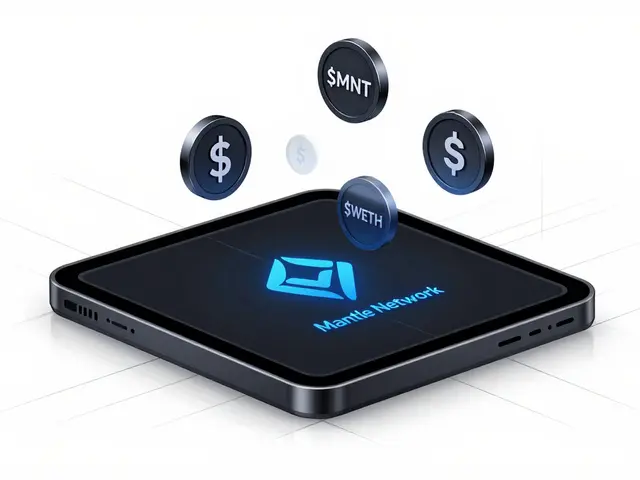Crypto Licensing Philippines: What You Need to Know
When navigating crypto licensing Philippines, the process of obtaining legal permission to operate crypto businesses under Philippine law. Also known as Philippines crypto licensing, it involves meeting standards set by the central bank and financial regulators. Crypto licensing Philippines is not just a paperwork checklist; it determines whether you can offer trading, wallet services, or custodial solutions in the country. Understanding the core steps saves time, avoids costly penalties, and builds trust with users.
Key Elements of Philippines Crypto Licensing
The broader cryptocurrency regulation, rules that define how digital assets are treated, taxed, and supervised in the Philippines shapes every licensing decision. One critical component is the VASP license, a Virtual Asset Service Provider permit required for exchanges, brokers, and custodians, which the Bangko Sentral ng Pilipinas (BSP) issues after a thorough compliance review. The BSP, the Philippine central bank that enforces anti‑money‑laundering (AML) and know‑your‑customer (KYC) rules evaluates your AML program, capital adequacy, and IT security before granting approval. In practice, crypto licensing Philippines encompasses the submission of a detailed business plan, proof of adequate funding, and a risk management framework that meets BSP’s standards. Failing to align with these requirements can halt operations and lead to enforcement actions.
Another layer is crypto exchange licensing, the specific authorization needed for platforms that match buyers and sellers of digital assets. This license builds on the VASP permit but adds criteria for market integrity, order‑book transparency, and consumer protection. The interplay between the VASP license and exchange licensing creates a structured pathway: first, secure the VASP status, then satisfy the additional exchange‑specific conditions. Together, these elements form a regulatory ecosystem where compliance drives market confidence. Below, you’ll find a curated set of articles that break down each step, compare the Philippines framework with other jurisdictions like the UAE and Nigeria, and offer actionable checklists to help you move from concept to a fully licensed crypto operation.
Crypto Licensing Requirements in the Philippines: SEC Guidelines for CASPs
A detailed guide on the Philippines SEC's 2025 crypto licensing rules, covering capital, office, AML, marketing, fees, enforcement, and step‑by‑step application tips.
View More




